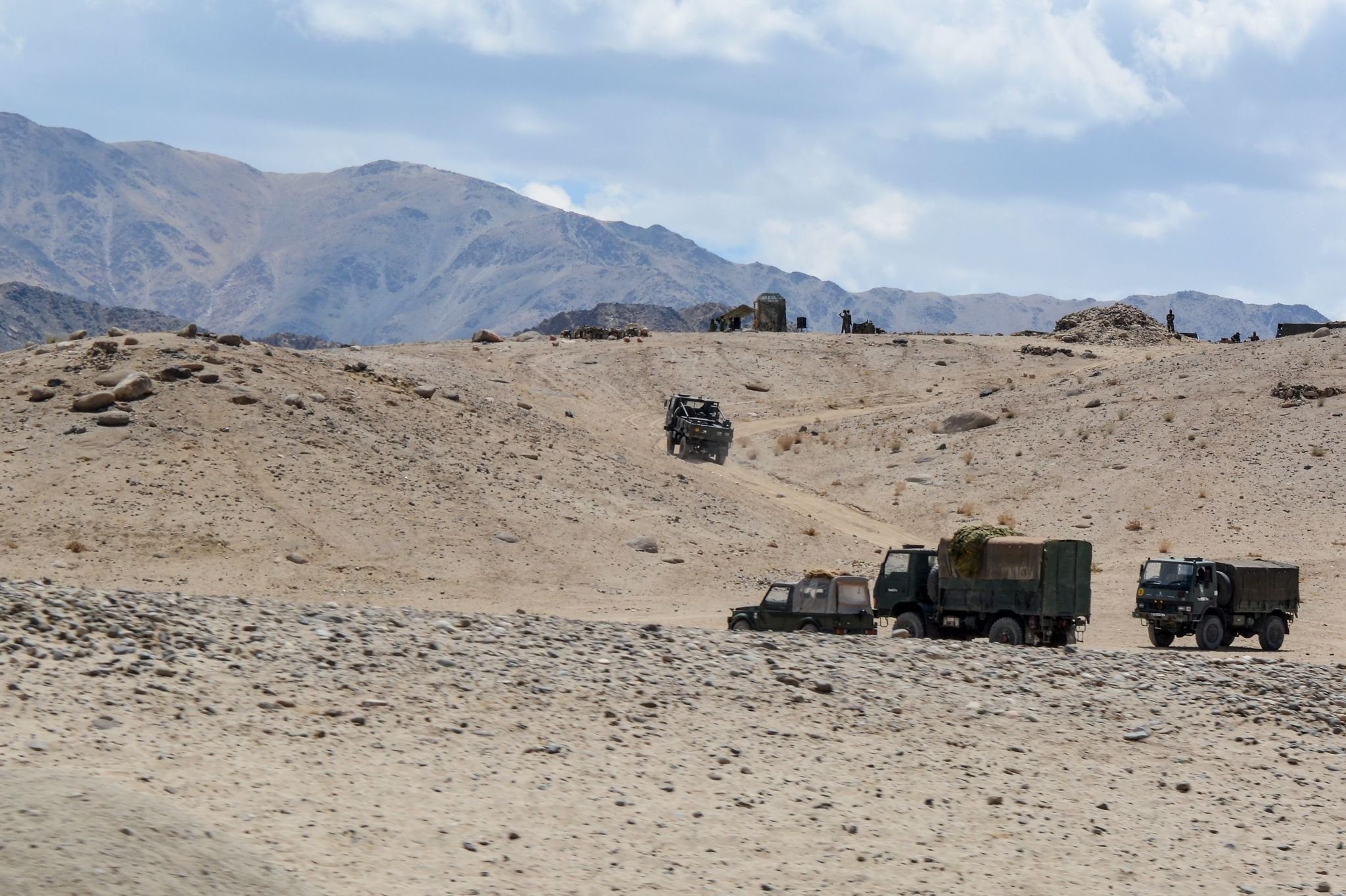BEIJING, Apr 25: The Chinese defence ministry said on Tuesday that top military officials of India and China during their latest round of talks have agreed to “speed up” the settlement of “relevant issues” related to the prolonged standoff in eastern Ladakh besides safeguarding peace in the border areas.
The 18th round of China-India Corps Commander level meeting was held at the Chushul-Moldo border meeting point on the Chinese side on April 23, the Chinese defence ministry here said in a statement.
The talks were held ahead of Chinese defence minister Li Shangfu’s planned visit to India to attend a meeting of the Shanghai Cooperation Organisation (SCO) on April 27 and 28.
“The two sides had a friendly and candid exchange of views on relevant issues,” said the People’s Liberation Army (PLA) statement.
“Under the guidance of the leaders of the two countries and based on the achievements of the meeting between the two foreign ministers, both sides agreed to maintain close contact and dialogue through military and diplomatic channels, speed up the settlement of relevant issues on the western section of the China-India boundary, and continue to safeguard the peace and tranquillity in the border areas,” it said.
Chinese foreign ministry spokesperson Mao Ning told the media in Beijing on Monday that the two sides held an in-depth exchange of views on expediting the resolution of relevant issues.
“According to the important common understanding of the leaders of both countries, the two sides held an in-depth exchange of views on expediting the resolution of relevant issues. I refer you to the competent authorities for more details,” Ning said.
In a statement on Monday, the ministry of external affairs (MEA) said the two sides had a “frank and in-depth” discussion on the resolution of the “relevant” issues along the Line of Actual Control (LAC) in the Western sector.
“The two sides agreed to stay in close contact and maintain dialogue through military and diplomatic channels and work out a mutually acceptable resolution of the remaining issues at the earliest,” the MEA said.
The two sides had a frank and in-depth discussion on the resolution of the relevant issues along the LAC in the Western sector so as to restore peace and tranquillity in the border areas, which will enable progress in bilateral relations, it said.
“In line with the guidance provided by the state leaders and further to the meeting between the two foreign ministers in March 2023, they had an exchange of views in an open and candid manner,” it said.
“In the interim, the two sides agreed to maintain the security and stability on the ground in the Western Sector,” it said.
The government refers to eastern Ladakh as the Western sector.
People familiar with the talks said the Indian side insisted on resolving the issues at the remaining friction points of Demchok and Depsang in eastern Ladakh as soon as possible.
India has been maintaining that its ties with China cannot be normal unless there is peace in the border areas.
On March 2, external affairs minister S Jaishankar held talks with his Chinese counterpart Qin Gang on the sidelines of a conclave of the G20 grouping in New Delhi. At the talks, Jaishankar conveyed to Qin that the state of India-China relations is “abnormal”.
Sunday’s military talks came around four months after the last round of the dialogue between the senior Army commanders of the two sides.
In line with a decision taken at the 16th round of military talks, the two sides carried out disengagement from Patrolling Point 15 in the Gogra-Hotsprings area in September last year.
The Corps Commander-level talks were instituted to resolve the eastern Ladakh row. The eastern Ladakh border standoff erupted on May 5, 2020, following a violent clash in the Pangong Lake area.
The ties between the two countries nosedived significantly following a fierce clash in the Galwan Valley in June 2020 that marked the most serious military conflict between the two sides in decades.
As a result of a series of military and diplomatic talks, the two sides have completed the disengagement process on the north and south banks of the Pangong Lake and in the Gogra area. (Agencies)
Trending Now
E-Paper


